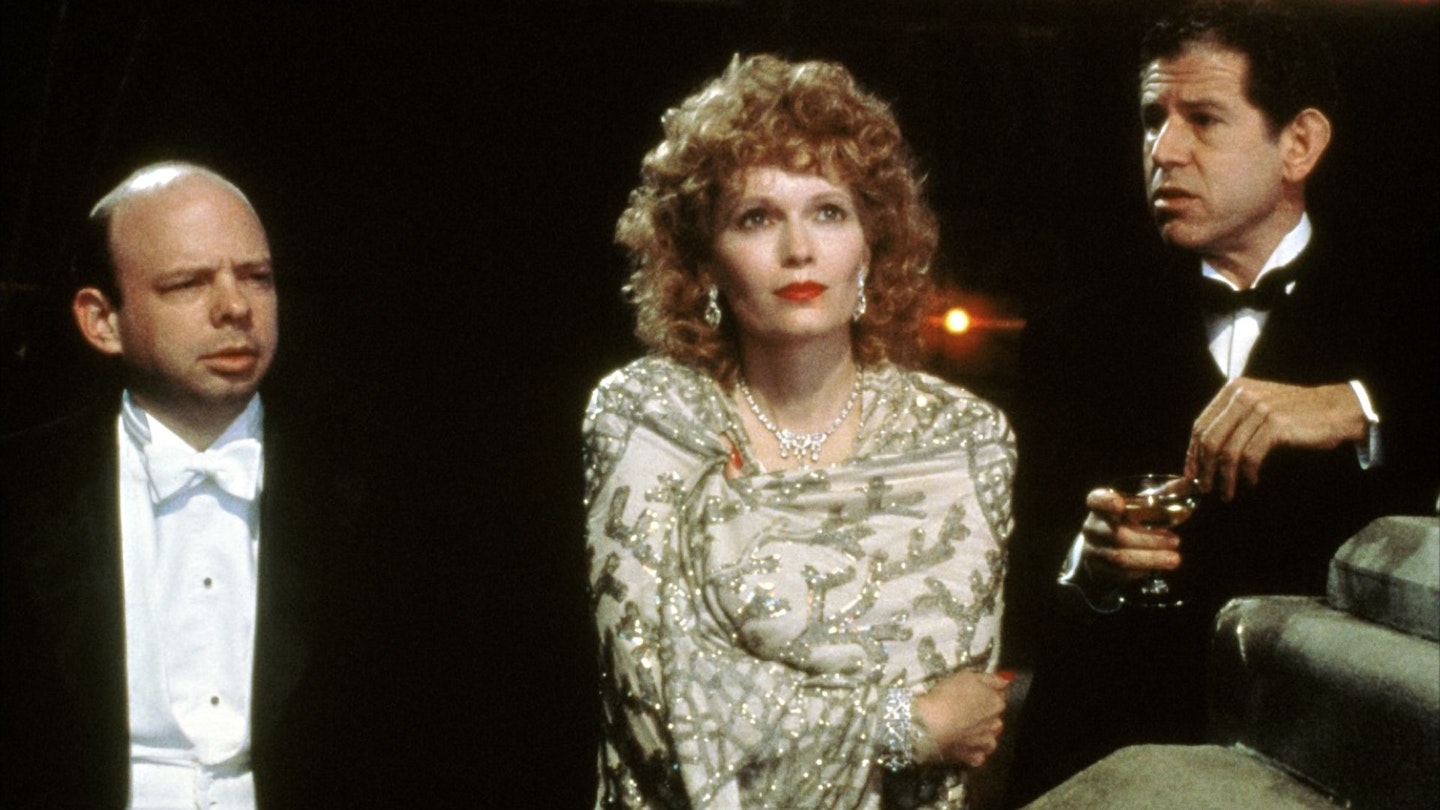Around a third of the material in this delightful domestic memoir was salvaged from Annie Hall, after rewrites shifted the emphasis away from Alvy Singer and his New York past. However, this is much more than an exercise in thrifty recycling.
Structurally, Radio Days was one of Woody Allen's most complex films, as around 150 characters (there were 220 before he began editing) populate the various storylines, subplots, flashbacks, cutaways and digressions. Indeed, the action has the feel of a novel, which is reinforced by Woody's voice-over narration. Yet, it is also highly cinematic, as Allen makes evocative use of the contrasting interiors of the radio station, the nightclubs and the crowded family home to create neighbouring worlds that collided only through the airwaves.
This is also one of Allen's least judgemental pictures, as he borrows Jean Renoir's forgiving humanism to allow everyone their reasons for actions that are more a product of an environment shaped by ethnicity, history, impecunity and the media than any baser motives. Indeed, Allen had hoped to introduce his characters in the manner Renoir had employed in La Règle du Jeu, but the complexity of the sequence eventually persuaded him to settle for an accompanying commentary.
Chance and coincidence similarly play their part in shaping destinies, most notably Sally's, although Allen intimates with the mirror shot that she might have made use of other oral talents than eloquence to secure her radio slot.
Naturally, the proceedings are bathed in rose-tinted nostalgia. But Allen could still highlight the transience of celebrity and the triviality of much of the radio output in exploring the extent to which the medium dominated people's lives. Fondly lampooning the quizzes, soaps, sportscasts, comedy hours, news bulletins and kids shows of the period, he showed how the grown-ups took ephemera like Roger and Irene's tittle-tattle as seriously as Joe treated the Masked Avenger and Biff Baxter. Moreover, he also highlighted the popularity of novelty tunes rather than the hits from the American Songbook that usually punctuated his soundtracks.
A rare box-office success Stateside, the film returned $16m on Orion's $6.4m outlay.
